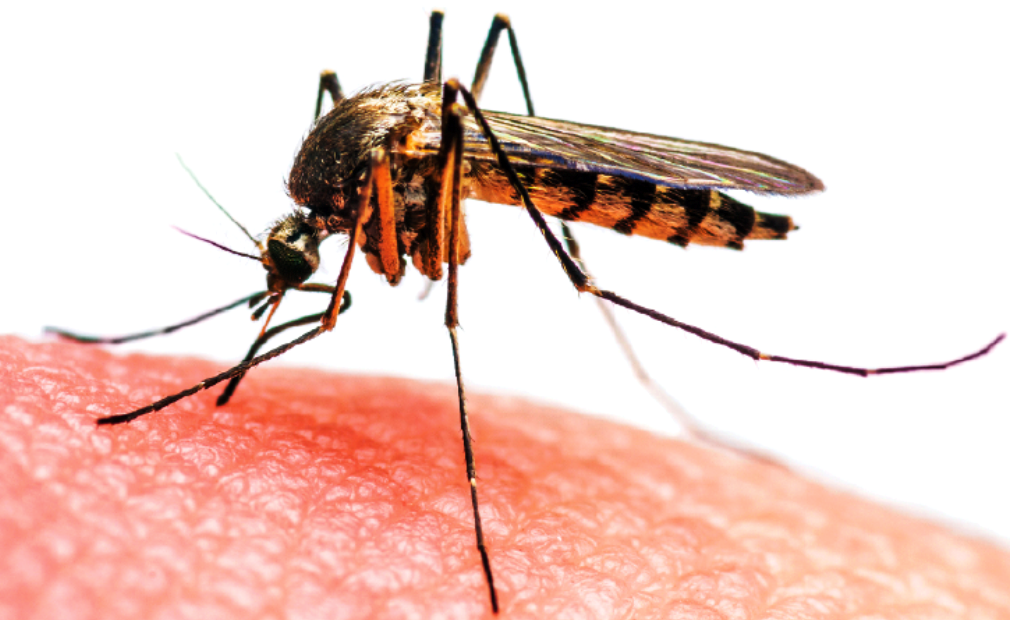
More cases of dengue virus Serotype 3 (DENV3) have been found this year in Nepal. The lab tests conducted at the National Public Health Laboratory, Teku; BP Koirala Institute of Health Sciences, Dharan and the Tribhuvan University’s lab showed more cases of dengue Serotype 3 cases this year than in the previous years, according to Dr Gokarna Dahal, chief of NTD and Vector Borne Disease Control Section at Epidemiology and Diseases Control Division.
Generally, this case appears in the re-infection of dengue virus. Out of 334 tests conducted in three labs, the cases of Serotype 3 are 81 while six samples read the mixed type. Of the total 334 tests (272 at the National Public Health Laboratory (NPHL), Teku, 50 Tribhuvan University Lab and 12 in Dharan), 81 cases (59 at NPHL, 17 at TU Lab and 5 in Dharan) is confirmed to have contracted serotype 3. Dengue was not detected in 126 tests for serotype 1, 29 for serotype 2, and 53 sample tests.
Serotype 1 and 2 were found in sample tests carried out in 2019 by the Division, he said.
Dengue virus is spread to people through the bites of infected Aedes species mosquitoes.
Infected people may have complicated health problem when they get infected second time, according to Dr Bimal Chalise, chief consultant of the Shukraraj Tropical and Infectious Disease Hospital. “People infected with serotype 1 may develop complicated health problem as they are detected with serotype 2 and 3 after they are infected second times.”
Dengue was found in 54,630 persons and 88 persons have lost their lives to it in 2022. Chief of the Division’s Vector Borne Diseases Control Section Dr Dahal said dengue is seen seven to eight persons a week on average as the disease has not come fully under control.
The prevalence of dengue has increased over the years. Dengue was found in 32 persons in 2006, in 917 persons in 2010, in 686 persons in 2013, in 1,527 people in 2016, in 2,111 persons in 2017 and in 811 persons in 2018. The disease was found in 17, 992 people, the highest number, in 2019.
Dengue cases are found in less numbers due to the outbreak of COVID-19 after that. It was found in 530 persons in 2020 and in 540 persons in 2021.
